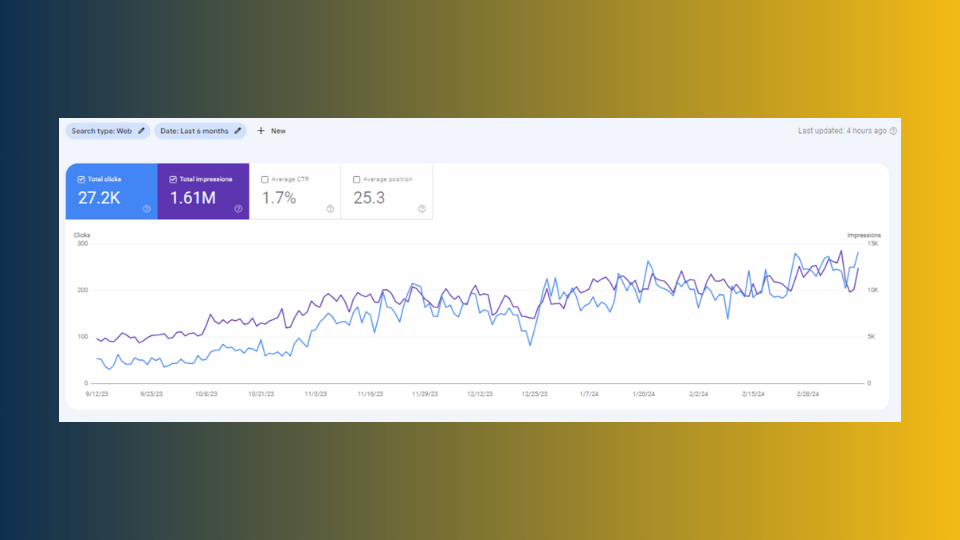

Crafting compelling meta titles and descriptions that drive clicks and improve CTR.
Structuring content with relevant headers (H1, H2, etc.) to improve readability and SEO performance.
Fine-tuning your content to include targeted keywords naturally and enhance topical relevance.
Strengthening your website’s architecture with strategic internal linking to improve navigation and SEO.

Our strategies are backed by data-driven insights and industry best practices.
We understand the US market and can optimize your site for local search intent.
Every business is unique, and we tailor our approach to meet your specific needs and objectives.
The cost of on-page SEO can vary depending on the complexity of your website and the extent of optimization needed. For a basic website, you might be able to do some on-page SEO yourself using free tools and resources. However, for a more comprehensive strategy, hiring an SEO professional is recommended. Expect to pay anywhere from $100 to $300 per hour for on-page SEO service.
There are several techniques for on-page SEO optimization. Some common practices include:
On-page SEO (also called on-site SEO) refers to the optimization techniques you can implement on your own website to improve its ranking in search results. This involves optimizing your website's content, structure, and technical aspects to make it search engine friendly.
Yes, off-page SEO is still very important for SEO. While on-page SEO focuses on optimizing your website, off-page SEO focuses on building your website's authority and credibility through external factors. Backlinks are a crucial part of off-page SEO.
Backlinks are links from other websites to yours. Search engines consider backlinks a sign of trust and authority. You can boost your off-page SEO by creating high-quality content that other websites want to link to, guest blogging on relevant websites in your industry, and directory listings. However, avoid buying backlinks or participating in link schemes, as these practices can harm your SEO.
Yes, empty pages with little to no content can be bad for SEO. Search engines might not consider them valuable to users. It's best to remove empty pages or create content for them that is relevant to your website and target audience.